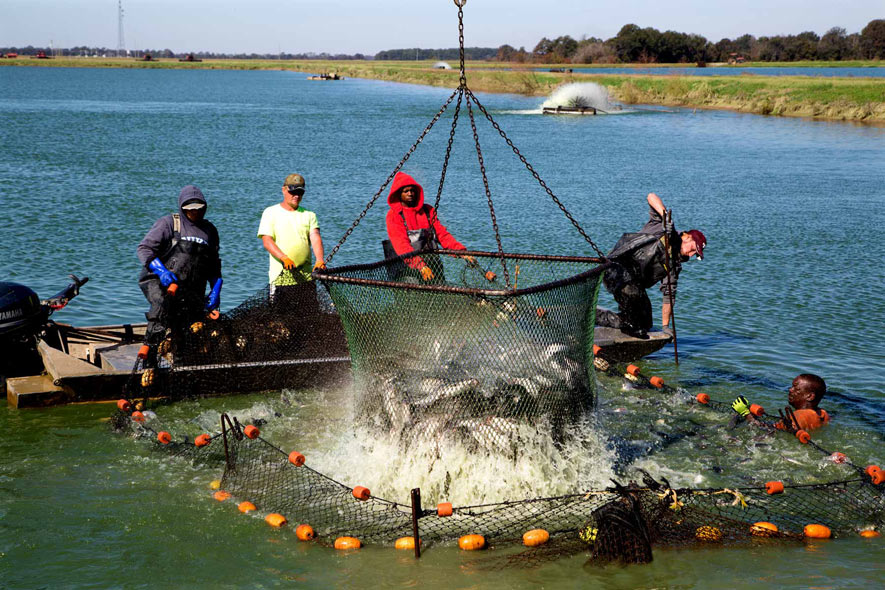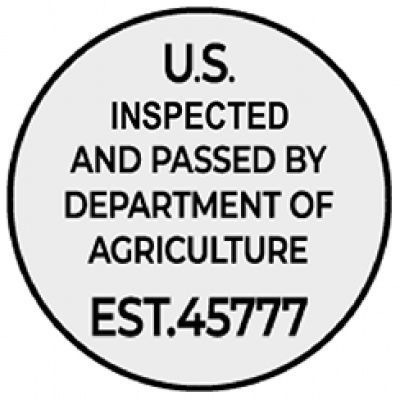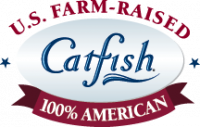
Mississippi’s Seafood Labeling Law (House Bill 602) took effect on July 1, 2025, under the direction of the Mississippi Department of Agriculture and Commerce (MDAC) and the Mississippi Department of Marine Resources (MDMR). The law requires all seafood, including shrimp and crawfish, sold in Mississippi – whether in grocery stores, seafood markets, restaurants or food trucks – to be clearly labeled as either imported or domestic.
The change marks an important move toward more transparency within the seafood industry, which can help build consumer confidence when they make a purchase at the grocery store or place an order at a restaurant.
Labeling Requirements
Under the new law, all wholesalers, processors, retailers and food service establishments are required to properly label seafood and crawfish as either imported or domestic. Imported seafood is harvested, raised and processed outside of the U.S., and domestic seafood is harvested, raised and processed inside the U.S. This is where we get the term “U.S. Farm-Raised Catfish.”
How Can Retailers and Restaurants Comply?
Labels indicating the origin of the seafood must be displayed on menus, packaging, sales displays or any public advertisement where seafood or crawfish is sold or promoted, and signage is permitted to satisfy the law where appropriate. To ensure visibility, the labeling text must be at least as large as the product name. If domestic and imported products are combined, the product must be labeled as “Imported.” MDMR and MDAC will jointly oversee the new labeling requirements by conducting inspections of businesses statewide to ensure compliance.
What Can Shoppers and Customers Expect?
One of the best ways to know if you are purchasing U.S. Farm-Raised Catfish is to look at the label. Both frozen and fresh packaging must be sealed with a label that states it is 100% American-made and also labeled as domestic. Consumers can also use seafood guides, such as the Monterey Bay Aquarium Watch, to learn about various types of seafood and make informed decisions on what they are purchasing. With the labeling law in place, restaurants are also required to state on their menu if their fish is domestic or imported to ensure full transparency about what they are serving their customers.
How Does the Labeling Law Benefit the U.S. Farm-Raised Catfish Industry?
The law aims to support the local U.S. Farm-Raised Catfish industry that faces ongoing pressure from imports that are often sold at lower prices. By making it easier to tell where their seafood comes from, the law will encourage consumers to support the local catfish industry, which in turn will improve the competitiveness of domestic producers.
“I applaud the Mississippi legislature on the passage of this new seafood labeling law. With almost 95% of all seafood being imported into the United States, consumers deserve to know where their food comes from,” said Jonathan Mills, Vice President of Sales and Marketing for Heartland Catfish Company. “The U.S. Farm-Raised Catfish industry has long been an advocate for Country-of-Origin Labeling, beginning with the passage of our labeling law in 2007. This law will increase transparency and will allow consumers to make informed purchasing decisions.”

Choose Heartland’s U.S. Farm-Raised Catfish
Heartland Catfish Company is one of the largest vertically integrated entities in the U.S. Farm-Raised Catfish industry. The Tackett family owns and manages the ponds that provide about 50% of the catfish processed annually. The other supply comes from select partner-farmers in Texas, the Arkansas Delta, the Mississippi Delta and the Black Belt Prairie Region of Mississippi and Alabama. Heartland’s catfish is raised in man-made freshwater ponds that use the latest farming techniques and best management practices.
To learn more, visit our website.





